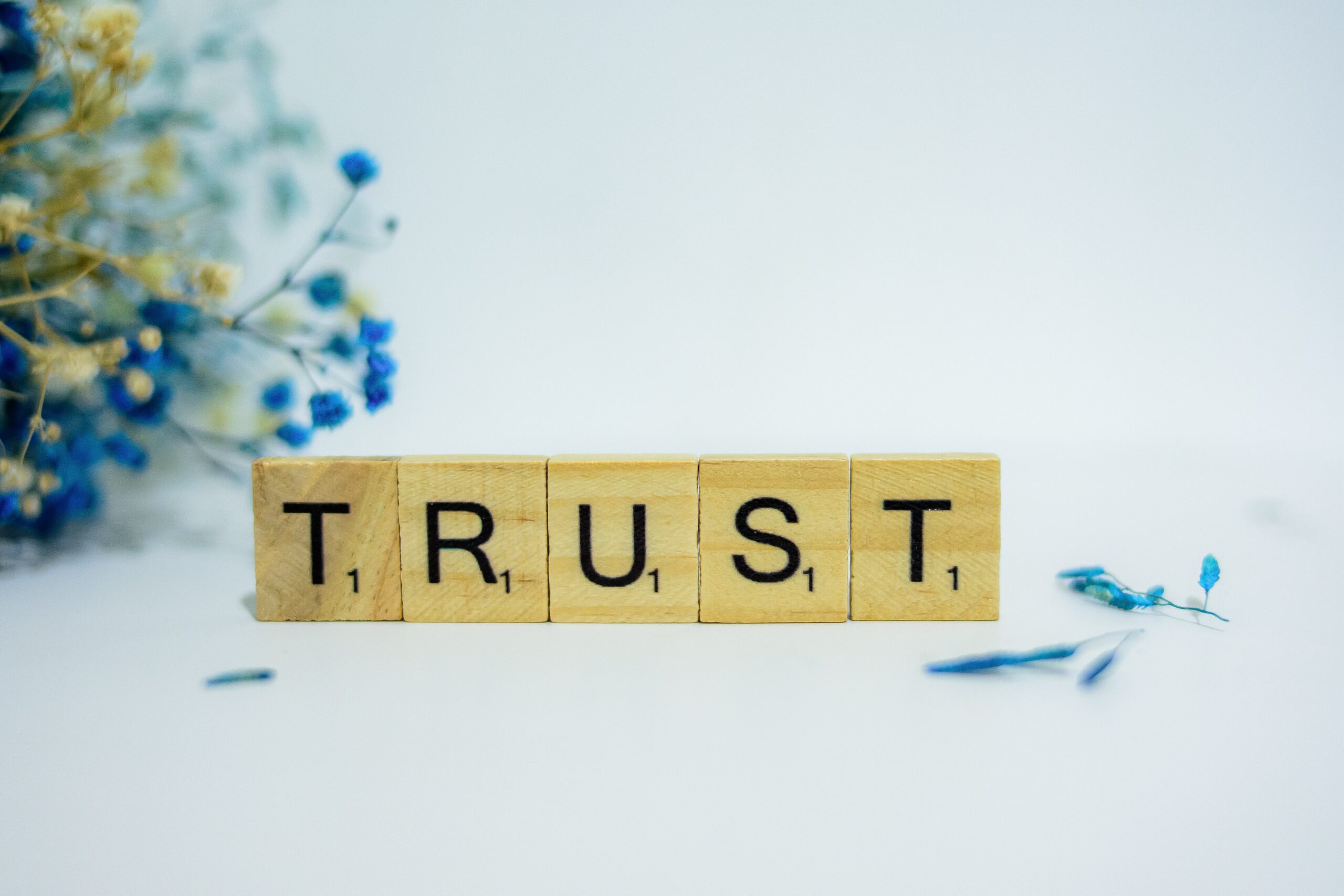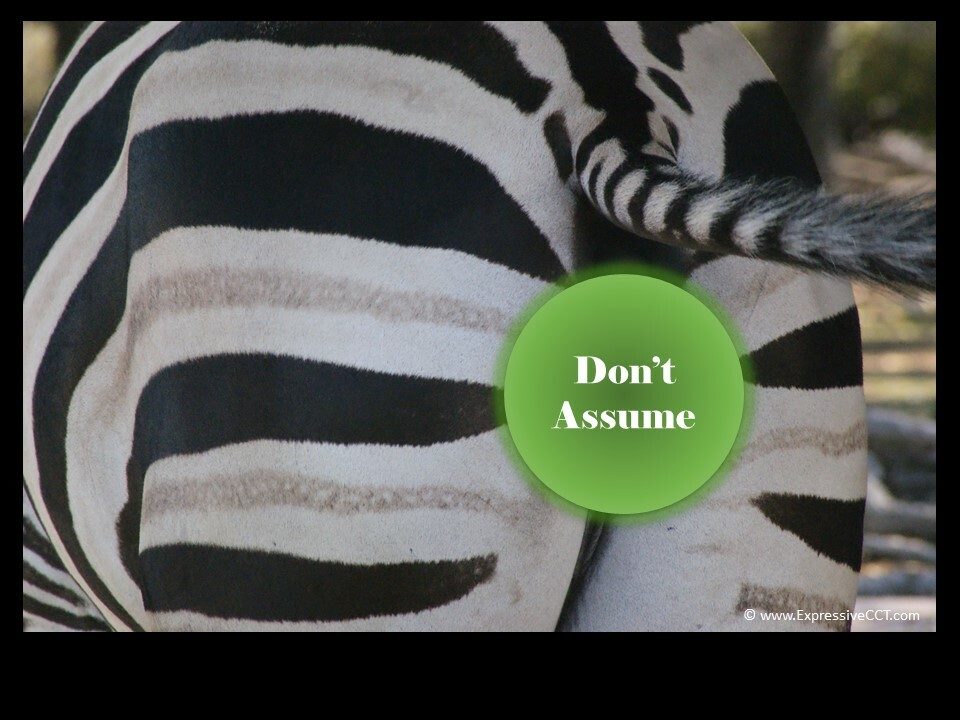Communication is extremely difficult right now. Honestly, the word difficult fails to capture the charged emotions being expressed following the murder* of George Floyd by a Minneapolis police officer.
I am seeing, hearing, and experiencing interaction after interaction filled with blame, finger-pointing, name calling, accusations, and assumptions. There are people who want to be heard. They wonder …. Is anyone listening? Do I have to scream to be heard? Do I even care if what I say offends someone? I have a right to speak, don’t I? There are people who are afraid to speak up. They wonder …. What do I say or don’t say? How do I say it? What if it is the wrong thing? Will I be verbally attacked? I wonder myself if I should have used the word death or homicide above.* Is “murder” is too strong? Do I wait until due process is complete? Sadly, many of the verbal and written exchanges are so far off the grid of what empathy in communication is. We’ve got to communicate differently if we are going to understand the impact of the past on the present and the future, and if we are going to change the narrative.
Communication is shared meaning (thank you Dr. Leta Frazier for teaching me this in grad school). Not agreement. Not the same views. Not matching opinions. Not mirrored belief systems. And so on. Shared meaning in communication is about seeking to understand where someone is coming from so that everyone involved can understand one another. Sometimes we end up at the same place, and sometimes we don’t. That’s okay.
Use this checklist to see how you are doing with empathy in your communication. (Source: Bochner and Kelly)
- I make emotional connections with people who are different from me, without feeling sorry for them.
- I have genuine goodwill (friendly, helpful, or cooperative feelings or attitude) toward another person, even if we don’t see eye-to-eye.
- I can understand, respect, and validate where another person is coming from and still disagree.
- I do not extend empathy with the intent to receive it.

Photo by Nick Fewings on Unsplash
Please reflect on the interactions you are having. If you cannot confidently check every box above, make changes. Here are FIVE ideas to start.
1) Ask more questions.
2) Ask yourself to listen.
3) Ask yourself what would happen if another person was right.
4) Ask yourself if anger or fear is getting in the way.
5) Ask yourself if what you are saying is moving things forward.
Remember: you have experiences that have brought you to where you are … the same is true for others. This is true in work, family, and society.
(Learn more about interpersonal communication competence HERE and HERE.)









Leave A Comment